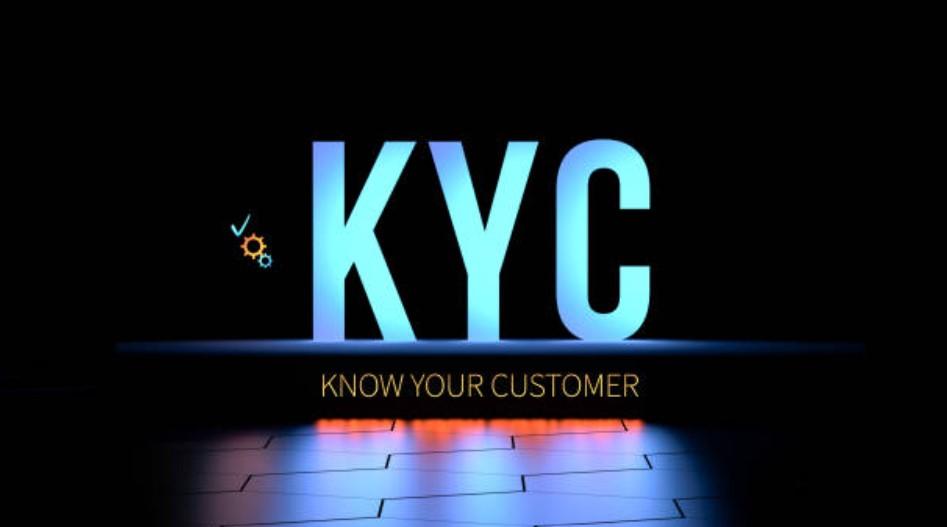Financial fraud is still a pervasive global issue. Companies, including banks, must conduct precise ID proofing to fight identity theft, money laundering, and other illicit techniques. Fortunately, it is easy to achieve with the help of robust know your customer process.
As companies strengthen their security infrastructure, practising several types of KYC processes can help them in many areas. Besides preventing criminals, a streamlined customer checking procedure will also radically enhance their workflows. It helps in providing faster, more reliable, and better services.
Moreover, firms should take time to know which KYC checking technique will best meet their requirements.
KYC Documents – An Overview
A know your customer document refers to formal documentation, including utility bills or identity cards, which can verify consumers and their addresses. Document verification is a crucial part of Customer Due Diligence (CDD) for regulated bodies. Additionally, KYC is an acronym for know your client in the B2B sector.
KYC Document Requirement as Compliance Process
In the financial sector, document verification is a globally enforced regulatory requirement. Moreover, FATF says that verifying a customer’s ID must be carried out with the help of reliable source documents as a preventative measure for fighting terrorist financing.
What Documents are Required for KYC Check?
Some examples illustrate the types of corporate document verification that may be needed.
- Recent audited Accounts
- Copy of incorporation certificate
- Entry of information held by experts
- Copy of a dated page from the relevant stock exchange
- Trustees list
- Regulating documents
Benefits of KYC Automation
- Reduce Expenditures
According to Celent’s calculations, banks will spend more than $30 billion globally on functioning expenditures to assure know your customer adherence. A considerable component of this is incurred from “routine and event-driven thoughts”, which implicate teams filtering through documentation and documenting information into procedures manually.
Automated KYC completes a time taking task in a couple of seconds, relieving companies from the burden of expensive and long procedures.
- Boost Efficiency
If a corporation’s compliance teams have to enter, collect, and validate information every time they onboard a new client, they will understand how time-taking that can be. KYC automation provides a 24/7 facility to take care of the entire procedure.
- Reduced Errors
Mistakes are inevitable in the manual management of the KYC process. Moreover, it slows down all the tasks which can lead to more fraudulent activities. Furthermore, it directly hits the brand’s reputation or image. KYC automation hunts for issues and fix them instantly before letting them cause any problem.
- Better Security
It is now much harder for companies to carry out due diligence as more and more customers favour online methods as compared to in-branch interactions. Moreover, it exposes banks and other companies to higher risks. With the inclusion of automation in KYC, firms can ensure the application of accurate security measures.
- Enhanced Customer Experience
The KYC process can sometimes be a repetitive and dull task for employees that can negatively hit their job satisfaction. It will also affect the workflow and customer experience, leading them to take their businesses elsewhere.
Thus, KYC automation can be highly beneficial in tackling all the challenges, bringing a more enjoyable work environment and will streamline the onboarding experience.
Relation of AML to KYC
AML is a very broad term that covers several government-issued regulations. Those regulations oblige firms in preventing, detecting, and reporting crimes related to illicit activities, money laundering, and even terrorist financing. Here are some regulated entities included.
- Banks
- Financial Companies
- Credit Unions
- Wallet Providers
- Crypto Exchanges
Firms should always be careful about the client they are onboarding. As part of the AML program, KYC compliance has a unique role here. KYC procedure starts before any corporation builds a relationship and continues through the whole journey.
Overall, know your customer has 4 steps.
- Verification and Identification of Customers
- Assessing Client Risk
- Identifying the Beneficiary
- Ongoing Monitoring and Record Keeping
The Value of KYC
Many financial companies carry out know your customer systems to deter fraudulent or illegal activities. Not only do they help boost the companies’ security infrastructure, but they also streamline their verification procedures and even core tasks. Moreover, it requires customers to enter their personal ID profile and KYC ensures investment advisors are aware of their customers’ risk tolerance and financial position.
